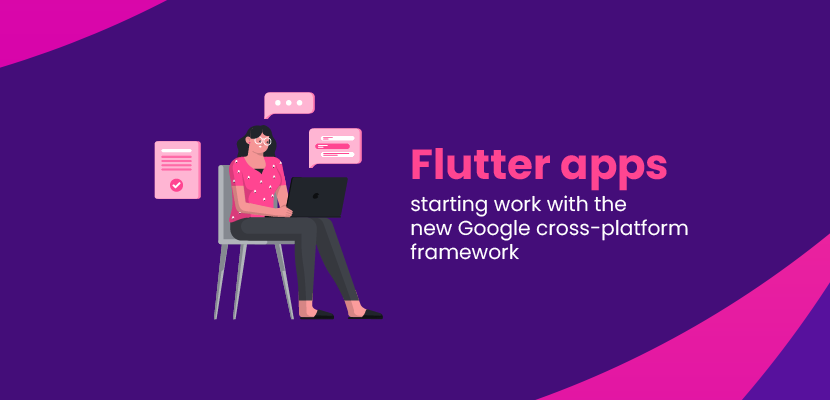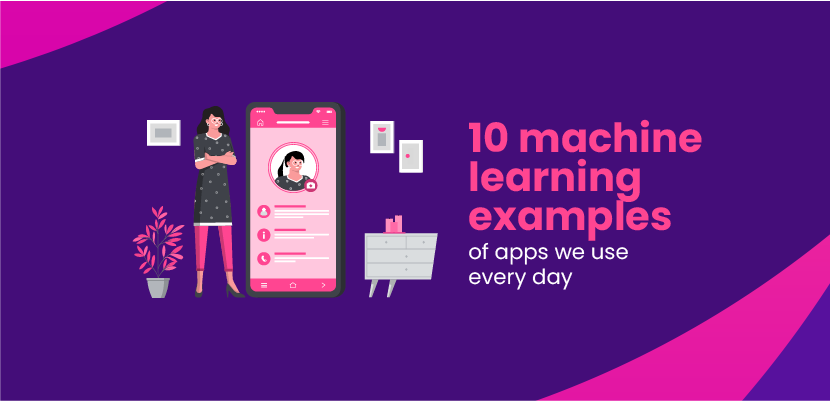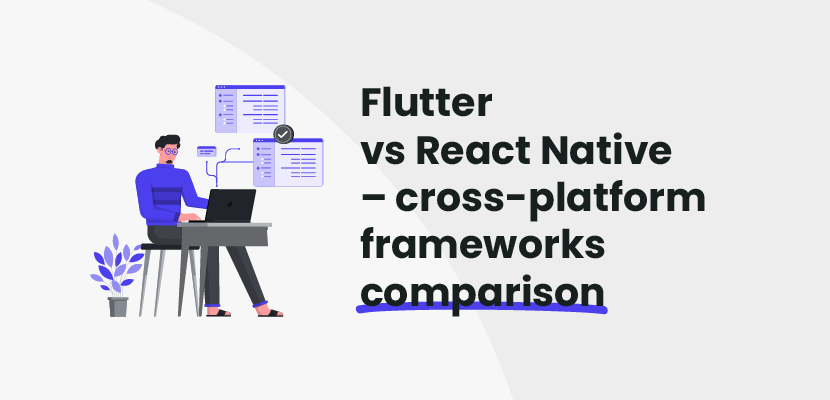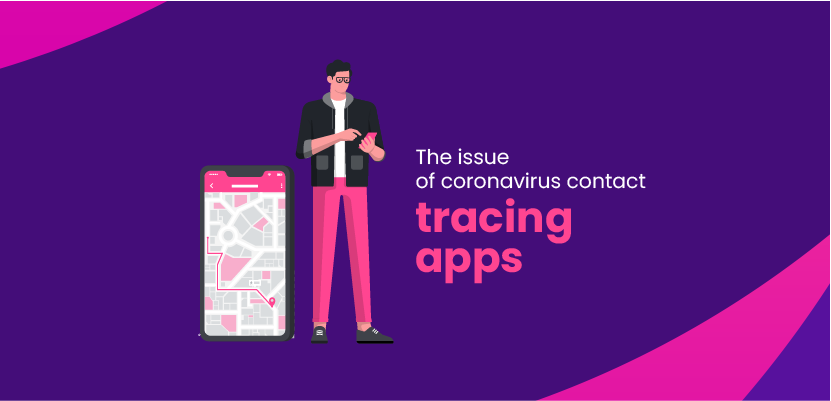How do you trust technology in Healthcare – Ada application

Paulina Chmielewska
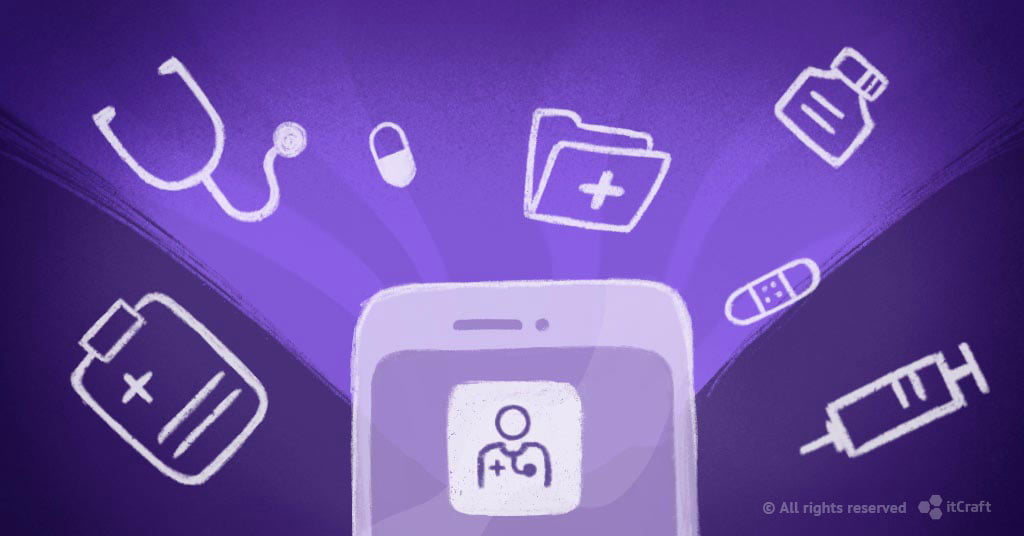
Technology surprises us with new things every day. Up until recently AI, robotics, 3D printing, Augmented or Virtual Reality were “restricted” to commercial/entertainment uses, with healthcare lagging behind in adopting them. This has changed quite dramatically the last 2 years. Technology in all its forms is taking healthcare by storm and is well on its way to becoming an integral part of all its aspects. Like it or not, you are sure to see more and more technology across the health landscape.
Table of contents
- What is the Ada Health App?
- The application as a GP visit alternative
- Who will find health care apps useful?
- ADA app features
– The app’s UI - Trusting health industry
– The machine learns, the human makes decisions - There is no perfect healthcare solution
If you’re into fitness and healthy lifestyle, then you must be familiar with fit bands and smartwatches, and probably have several fitness and diet apps installed on your mobile. Although currently fitness and dieting services are the most popular health related tech solutions, we see the latest technologies across healthcare and medicine landscape.
During the Slush event I had an opportunity to listen to an interesting talk about trusting technology in healthcare. The speaker – Claire Novorol, a co-founder & Chief Medical Officer of Ada Health, explained what the Ada app was, and made some strong points on building a product Users can entrust with their health information.
What is the Ada Health App?
Ada is a free mobile application for managing your health and wellbeing. It is intended to be your health companion. As per official description “Ada’s core system connects medical knowledge with intelligent technology to help all people actively manage their health and medical professionals to deliver effective care.”
Ada application is used to assess your symptoms when feeling unwell and give an indication on a probable cause. You feed Ada information about your symptoms, and answer some more detailed questions about these symptoms. The app analyzes the data received and generates an report on what can be causing these symptoms as well as gives a suggestion what action you should take. As per Claire’s words, Ada is not a replacement for professional medical assessment. It is more akin to Internet search, but one where the resources are validated, checked, and coming from reliable sources. The state of our health depends on a variety of factors and the reports the app provides are based on the information it receives from the user and compares them with its database.
The application as a GP visit alternative
Ada and other apps of this kind are created rather as an alternative to an online research, than a replacement for professional medical consultation. The reports generated by the app can be a valuable reference for a GP visit. You can show the report to your doctor, to indicate what they should be looking at. Claire receives regular feedback on the app from doctors, and the general reception is very positive. The app’s reports help better understand what symptoms the patient is suffering from.
Who will find health care apps useful?
Whether you’re in the US or Europe, your access to healthcare services is more or less straightforward. You can go to your GP, get diagnosed, referred or treated without much issue. In some parts of the world access to healthcare is restricted, or expensive. Apps like Ada can be very useful for all those with poor access to health services- all you need is a smartphone and Internet connection.
Another example of Ada’s use is to confirm that your symptoms are (most likely) not life-threatening or requiring immediate attention. It’s also easier to share your mental or sexual health issues with an app than with a real life doctor. It’s more comfortable to have the initial conversation about personal stuff with a machine than with a person – Ada will not judge you, put you down or tell anyone. Based on Ada’s suggestions, you can make up your own mind about going to a real doctor or not. Even if you decide against it, you will still have the app to at least give you some indication of what’s going on with your mental or physical well-being.
ADA app features
To create a trustworthy health tech product, high quality and reliability are key. Ada’s knowledge base comes from health professionals and verified sources, ensuring accuracy and reliability of the information. Ada’s creators took great care to provide Users with a solution they can trust. Putting patients/Users in the center of your focus is sure to bring positive results.
Ada provides a Questionnaire- based interview, where the User provides detailed information about the worrying symptoms and the state of their health.
The app’s UI
Ada’s User Interface is both friendly and professional . Rather than using complex medical terms, it “speaks” the User’s language using simple, everyday, easy-to-understand vocabulary. Answering Ada’s questions is intuitive, one question at a time, with clarifying questions to learn more about your symptoms. The answers are basic “yes” “no” and “I don’t know”. The interface was thoroughly tested and all questions deemed hard to understand by users were changed accordingly. Throughout the app’s development the content was consulted and tested by healthcare specialists. As Claire said: clinical evaluation to provide patient safety.
Trusting health industry
One of the questions that caught my attention was about trusting the healthcare industry as a whole. Imagine a new health app using Artificial Intelligence. Say it gets a lot of negative feedback from all directions – Users, media- all give it bad reviews.
For Claire, Users, reviewers and makers, all belong to a community of creators of the app. It is their feedback and suggestions that enable improvements of health tech products. Companies, experts, scholars, and users, can all work together assessing accuracy, quality and further development of the products.
Claire says that it is important everyone can voice their opinion. It is crucial to be open, transparent, tell users what happens with the data they provide, or who you work with creating the software. Your consumers need to know what you do, how and why you do it, if you want their trust.
The machine learns, the human makes decisions
Ada has to-date gathered enough feedback to allow further development. The symptom diagnosis/assessment database is not updated automatically by a machine, but always goes through human verification to ensure User safety and data accuracy.
Claire says that Machine Learning of the system must be done using multiple sources. A single source learning is prone to bias, documentation errors, restricted knowledge base, causing system to gather insufficient or inaccurate data. If say, the app was to suggest drug treatment, and the suggestion was based on a single doctor’s “way” of prescribing then suggestions would be based on that one doctor’s professional expertise, but also their personal preferences, trends or drug makers’ marketing efforts.
Ada gathers learning materials on conditions symptoms and treatments from Users from different parts of the world, with various ethnic, social and environmental backgrounds. Ada’s developers don’t rely on a single, located source of data, and always verify the information before implementing in the database. You could call it a human-verified Machine Learning.
There is no perfect healthcare solution
No health app is perfect, but neither are doctors. You can try and pick a GP that suits you best, and you can do the same with health apps. For Claire and the Ada app, transparency is key to gaining trust. The next priority is delivering quality solution, which is why all new developments are thoroughly verified before implementation. The Quality Assurance of Ada is completely User-focused, emphasising the importance of data safety, accuracy and reliability. Claire says they constantly look for issues and tirelessly work on addressing them. At the same time, they keep users informed about the real capabilities and limitations of the system. This complete transparency and honesty is Claire’s way of earning people’s trust.
The whole talk is available here.
Read also:
HomeDoctor – Uber for Doctors
SpecK – time management app for doctors

Join itCraft’s co-founder and telemed mobile expert, Bartosz Pieslak and AI expert and co-founder of Presagen Dr Don Perugini as they discuss the current trends and the future of e-health and what you need to consider if you are launching a telemed startup or if you are looking to modernize your current medical practice.
